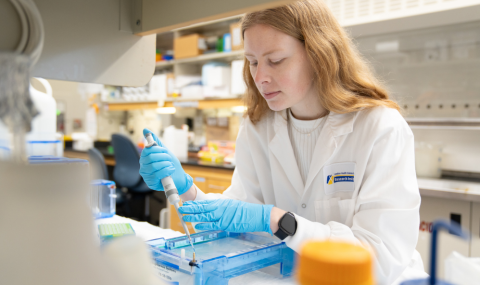IAN CHIN-YEE
Dr. Ian Chin-Yee is Chief/Chair of the Division of Hematology, Department of Medicine, at the University of Western Ontario, Consultant in the Department of Medicine at the London Health Sciences Centre as well as Professor of Medicine at the University of Western Ontario. He also holds a Cross Appointment as an Honourary Consultant in Hematology/Oncology at the London Regional Cancer Centre. He is also an Associate Medical Director/Consultant of the Canadian Blood Services, London Centre. Recently he has been appointed the Medical Director, Adults, Bleeding Disorders Program, LHSC.
Dr. Chin-Yee obtained his Medical Degree at the University of Calgary and did his residency training in Internal Medicine/Hematology at the University of Western Ontario.
His research interests lay in the fields of stem cells, and transfusion medicine performed in collaboration with the AC Burton Vascular Lab in London and Robarts Research Institute and Lawson Health Research Institute.
“Our interest in Hematopoietic stem cells has focused on improving quality of the stem cell product and novel mobilization methods for peripheral blood stem cells. Efforts in the area of quality assurance stem cell enumeration led to development of a proficiency program of numerous centers in Ontario and throughout Canada. This involvement has led to the international recognition of the methodology developed in part in our lab for enumeration of stem cells.” Recent co-recipient of CFI grant to develop START Program, (Stem Cell Transplantation and Regenerative Therapeutics) a regional integration of clinical, technologies and basic research program aimed at developing stem cell based regenerative therapies for cardiac and pancreatic tissue.
Research in area of transfusion medicine has focused on the effects of storage on RBC oxygen delivery and evaluation of hemoglobin based on oxygen carriers. Current research funding in this area from Canadian Blood Services for Grant entitled – “Does Prestorage Leukoreduction Reduce Red Cell Adhesion and Improve Tissue Oxygenation in Microvasculature.” Current research funding has been obtained for studies into the effects of prestorage leukoreduction on RBC adhesion and oxygen delivery in vivo in an animal model.


